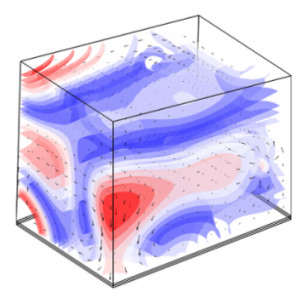 \
&
Contact us
\
&
Contact us
 \
&
Contact us
\
&
Contact us
Published on | 6 months ago
Programmes MSCAThe revised version of the Marie Sklodowska-Curie Actions (MSCA) Work Programme 2023-2025 (v 3.0 14 May 2025) was published last week and can be found under reference documents on the European Commission Funding & Tender Portal.
A summary of the open and upcoming calls in the MSCA work programme can be found in the European Commission press release and news article on the MSCA website.
A key novelty is the introduction of the MSCA Choose Europe for Science pilot initiative with a call budget of 22.5 million euro, part of the Commission's 500 million euro Choose Europe package for 2025-2027 to make Europe a magnet for researchers, and designed to address brain drain and improve the long-term prospects of researchers. The scheme will support host organisations committed to offering stable, attractive research careers. The MSCA Choose Europe for Science 2025 call will open on 1 October and close on 3 December 2025.
More information on the MSCA Choose Europe for Science pilot initiative is available in this Q&A overview and on the dedicated page on the MSCA website which needs to be updated with the call documents. Potential applicants can look out for info sessions organised ahead of the opening of the call. It is expected the call documents to be available before the info sessions will be organised.
Overview of information sessions on other MSCA actions (all practical details are available via the links):
We offer news and event updates, covering all domains and topics of Horizon Europe, Digital Europe & EDF (and occasionally, for ongoing projects, Horizon 2020).
Stay informed about what matters to you.
By signing up, you can opt in for e-mail notifications and get access to
a personalised dashboard that groups all news updates and event announcements in your domain(s).
Only for stakeholders located in Flanders

The Marie Skłodowska-Curie Action (MSCA) European Innovative Training Network “PBNv2 - Next generation Pass-By Noise approaches for new powertrain vehicles” started in May 2017. Their research has the shared objective of investigating the possibilities to decrease pass-by noise of vehicles.
The project is a collaboration between 17 research institutions and companies in the European automotive R&D and provides a learning environment for 14 PhD fellows. The Belgian partner is the Noise and Vibration Research Group of KU Leuven, and this project is one of the many Horizon 2020 MSCA Innovative Training Networks that the KU Leuven research group participates in.